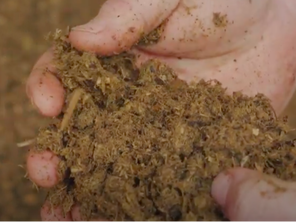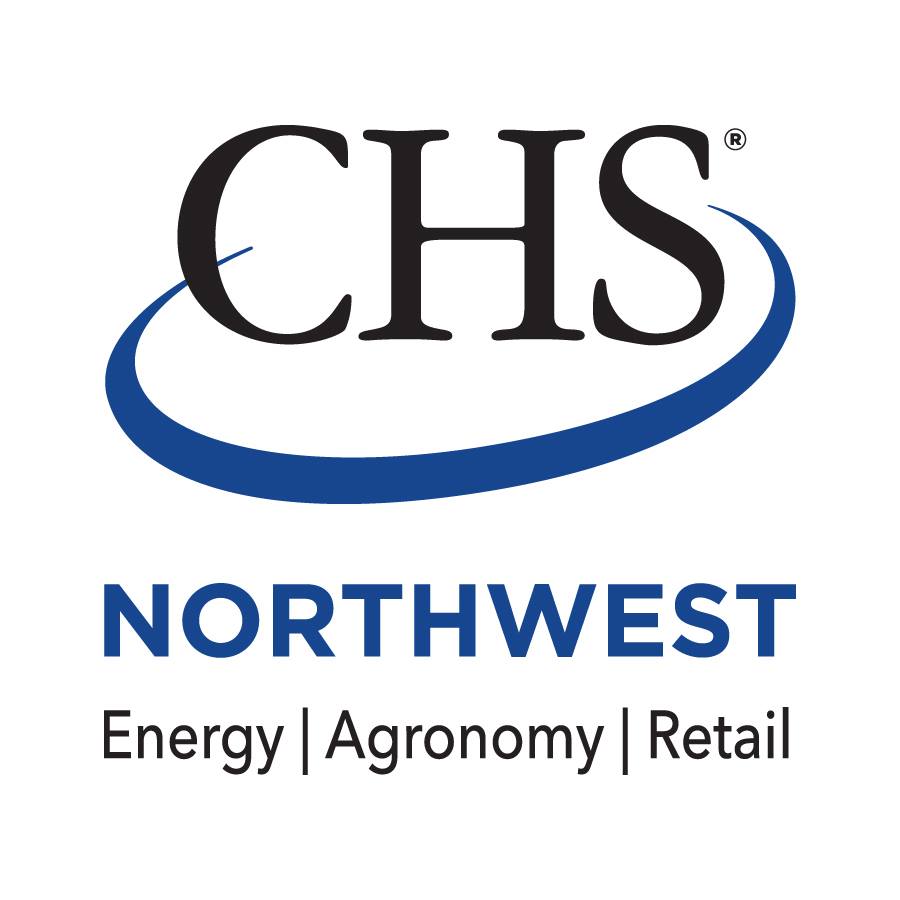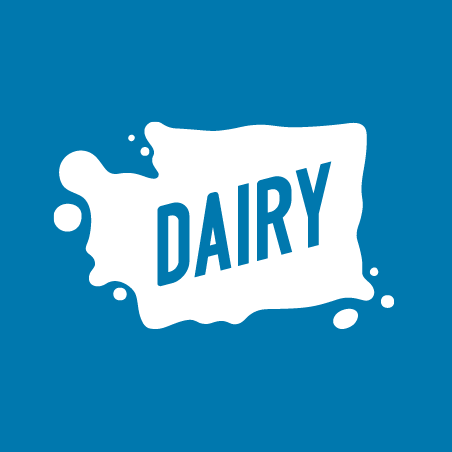 SKAGIT COUNTY, Wash. -- Skagit farmers are working together to protect the soil. Jason VanderKooy with Harmony Dairy says animal waste, particularly from dairy cows, plays a big role in soil health. “Cow manure is the complete package for nutrients for our fields,” he said. “It has all the nutrients needed to grow grass, grow corn, build the soil -- healthy soil. It’s important to have good feed for your cows.” Chad Kruger, Washington State University’s director of NWREC, says the diversity of the region’s agriculture defines the soil system. “We grow a lot of crops and have a lot of different livestock systems,” he said. “And, the diversity is something that defines our system. And underlying all of it is soil and how we take care of our soil both from kind of a traditional conservation perspective as well as the potential that soils could be a reservoir of a lot of really positive things that we have really yet to fully grasp and understand, much less be able to take advantage of.” VanderKooy says dairy and crop farmers are working together when it comes to soil conservation. “Farmers are seeing the benefits of animal waste on their fields,” he says. “So we have a pretty good system here now, and that's thanks to dairy farmers and crop farmers working together.” John Roozen, a bulb farmer in Skagit County, works with VanderKooy to get manure on his fields. “We farm about 2,200 acres and we rotate with other farmers that can grow any number of crops,” he said. “The importance of that rotation is paramount. Stewardship is about listening to the soil and listening to the crop and trying to interpret what it's telling you.” Kruger says the ecosystem is fragile. “Our producers in our region have realized that when we do something there is an effect and that we've got to be really careful about that in this fragile system that we have here,” he said. “So we're looking for that optimum where we can get the advantages of the manure application for soil health, get the environmental protection, but also keep the dairies viable and in business.” He explains that scientists learn from producers. “And so when we as scientists are working with producers there's this kind of old school mindset that the scientists will figure it out and then transfer it to the producers,” Kruger says. “And I think that's really actually backwards here. I think if you talk with most of the scientists that I work with, the best ideas come from producers.” He says then it is the scientists job to measure the effectiveness of what the farmers have done. “You only get one experiment, right? And so to be able to provide them tools and understanding that helps them do a better job is really rewarding.”
0 Comments
Your comment will be posted after it is approved.
Leave a Reply. |
AuthorWrite something about yourself. No need to be fancy, just an overview. Archives
November 2023
Categories
All
|


 RSS Feed
RSS Feed